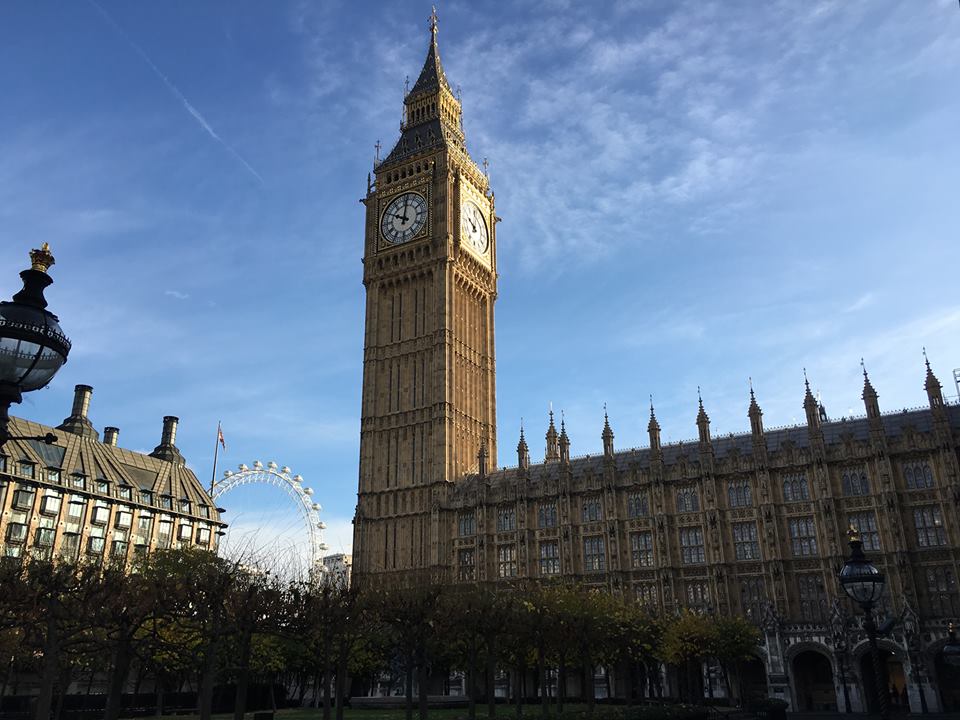Lifting the Grammar School Ban is a Boost for Social Mobility
From Disraeli’s ‘One Nation’ Conservatism in the 19th century through to Harold Macmillan’s post-war housebuilding programme and Margaret Thatcher’s revival of the economy in the 20th century, the Conservative Party has a strong tradition of enabling social mobility.
People might say that I came from a classically disadvantaged background, like so many others, having been brought up by my mother in social housing in South London. Yet I was one of the few fortunate enough to get a good education and make my way in life. This should not be a one-off story; it should be commonplace. The circumstances of a child’s birth should not determine where they end up in life.
So I’m delighted that greater social mobility is the driving mission of this Conservative Government.
The ability to make your way in life is intrinsically linked to the education you receive.
While we are fortunate to live in an area with some of the best schools in the country - from academies like Charters, to free schools like Holyport College and Forest Bridge – the picture is not consistent across the country.
Conservative education reforms have shown promising results over the last six years. The creation of free schools and academies, and the modernisation of the curriculum are raising standards across the board. But there is more to do.
Choice in education is key and parents now have greater ability than ever before to choose a school that suits their children’s learning requirements. But, as the Prime Minister rightly said, there is ‘selection by house price’ at the best of our schools. Selection by merit is one way of redressing this imbalance and I believe the Prime Minister is right to re-introduce the option of selective schools.
Lifting the ban on new grammar schools does not mean a regression to the ‘60s when comprehensives, secondary moderns and technical colleges saw funding cuts while resources were diverted to successful grammars.
The pragmatic recognition that the introduction of modern grammars must not undermine successful academies and free schools is to be welcomed. Grammar schools will provide selective education, and I have no doubt that some will be remarkable, but they will not be the only option for children and parents.
We must also continue to value and promote other vocational pathways for students such as the University Technical Colleges, set up by the Baker-Dearing Foundation.
These educational institutions run curricula for 14-19 year olds aimed at technical education. With a longer work day and a work ethic designed towards mimicking work life rather than academia their results have been fantastic. Virtually no students go on to become NEETs but instead continue in education, or go into employment or training.
Expanding choice in school provision means offering all children a chance at an education tailored to their needs. And this is a vital step to ensuring that no child is left behind, but it would be naïve to assume that it is a silver bullet.
We know that by the age of five some children are already being left behind. Technology, and access to it, has proven to be a fantastic tool to closing that gap.
Charities such as the Learning Foundation, based in the Windsor Constituency, are already working with schools across the country to help them to adapt to, and make the most of, the opportunities for social mobility technology can provide.
It has been three months since Theresa May became Prime Minister with a commitment to putting social mobility at the heart of policy. I know that the whole Conservative Party will get behind her to help to make a meritocratic, compassionate and socially mobile Britain the legacy of this Government.
